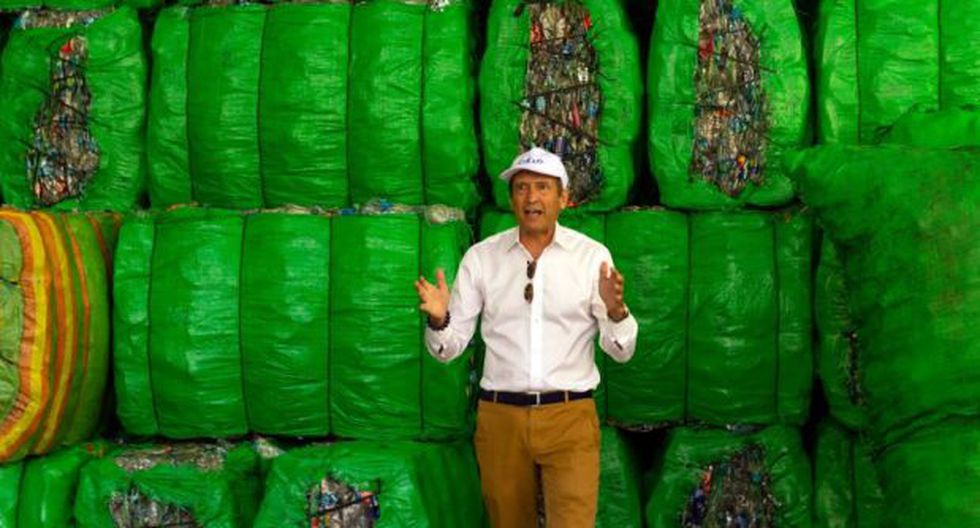Find out what’s new in our company and our brands around the world.
The city of Machu Picchu (Cusco) became the first in the country and Latin America to manage 100% of its solid waste, after presenting the first Organic Waste Treatment Plant with the capacity to process through pyrolysis (chemical decomposition at high temperatures in the absence of oxygen) eight tons of waste per day and thus generate bio-coal, a natural fertilizer that helps reforest the Andean cloud forest and will contribute to agricultural productivity in Machu Picchu.
The bio-coal will be destined to the project “Reforestation of a million trees for the Historical Sanctuary of Machu Picchu”, directed by the National Service of Natural Areas Protected by the State (Sernanp), whose purpose is to plant trees from the quina in the Inca citadel.
This project was carried out by AJE Group, in alliance with the hotel chain Inkaterra and the District of Machu Picchu.
“We are very happy to be part of this change in the city of Machu Picchu and to be able to announce that, with this new plant, the circle of sustainability that we have been working towards for the last three years is closed,” said Jorge López-Dóriga, Executive Director of Communications and Sustainability of Grupo AJE.
A Plastic Waste Compacting Plant was also delivered to Sernanp for cleaning and recycling on the Inca Trail.
It is worth mentioning that in 2018 the Biodiesel and Glycerin Oil Transformation Plant was inaugurated at the facilities of Inkaterra Machu Picchu Pueblo Hotel. Through the collection of used vegetable oil in the homes, shelters and restaurants of Machu Picchu, 20 gallons of biodiesel fuel are produced daily. In addition, 6,000 liters of used oil are treated each month, preventing them from being dumped into the Vilcanota River. Meanwhile, the glycerin obtained in this process is used by the Municipality of Machu Picchu to clean the stone floors, thus replacing the chemical products.
